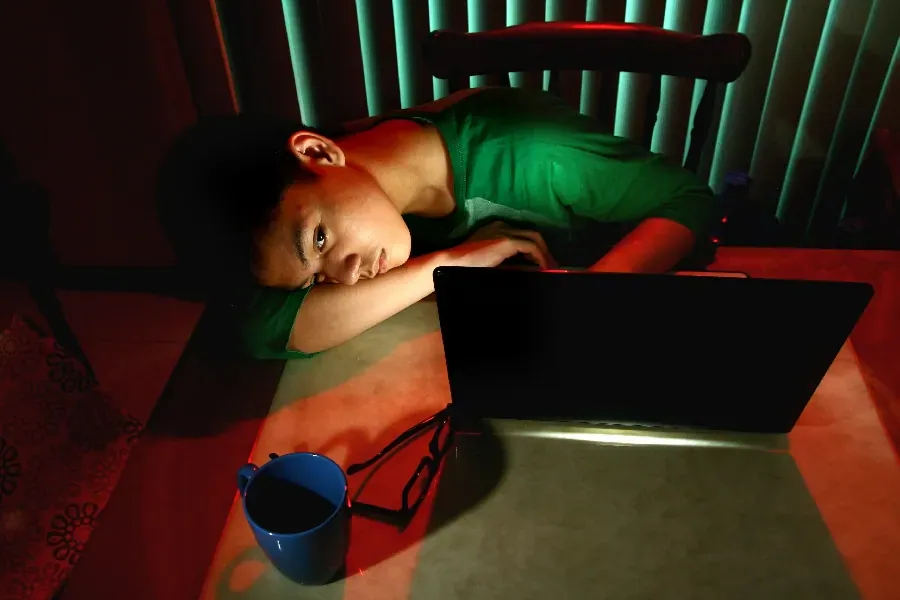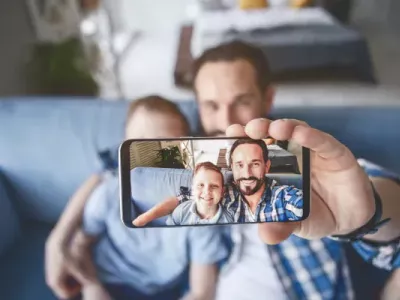Watch out for these 6 screen-time traps

This is an edited version of a blog that originally ran in 2016, however we’re republishing it because many parents have concerns about extra screen use due to COVID-19. While you may not be able to get around the fact that your kids are using their screens more than usual, it’s still important to be aware of the below.
Increasingly, screen-time is taking up so much of our time, and our kids’ time, that alarm bells are ringing.
From TVs to tablets to smart phones and public screens, it’s possible to spend a large portion of our lives in intimate contact with this technology. And it’s often very seductive, keeping us informed and up-to-date with what’s going on all around us; becoming a seemingly natural part of every moment of every day.
But of course there is a downside – several, in fact! Here are 6 screen traps to watch out for:
- The more screen time, the less physical activity. This is part of what’s feeding (pun intended) the growing obesity epidemic.
- A decline in the ability to decode voice tone, facial expression and body language. Emerging research appears to show a connection between personal interactions based on texting, and becoming less skilled at face-to-face interaction.
- Fewer opportunities for positive, social family activities where daily events can be discussed, social skills developed and relationships strengthened.
- Making it easier to bully and intimidate others. Online communication seems to remove some of the limits imposed on saying certain things aloud, and face-to-face.
- Blurring of the line between reliable and unreliable information. Given the vast amount of content being displayed 24/7, many adults, let alone children and teenagers, find themselves believing (and sharing) things like fake news items, health hoaxes, and opinions masquerading as facts.
- Later sleep onset and poorer sleep quality. Exposure to screens prior to going to bed has been shown to disrupt our natural sleep rhythms (and during COVID-19, many families are finding that routines are hard enough to maintain without this added problem).
So what are parents to do? As with most issues, there are some simple and effective strategies available. Implementing them is a lot easier with support, so seek help from your Triple P provider or do Teen Triple P Online if you’d like some extra tips.

